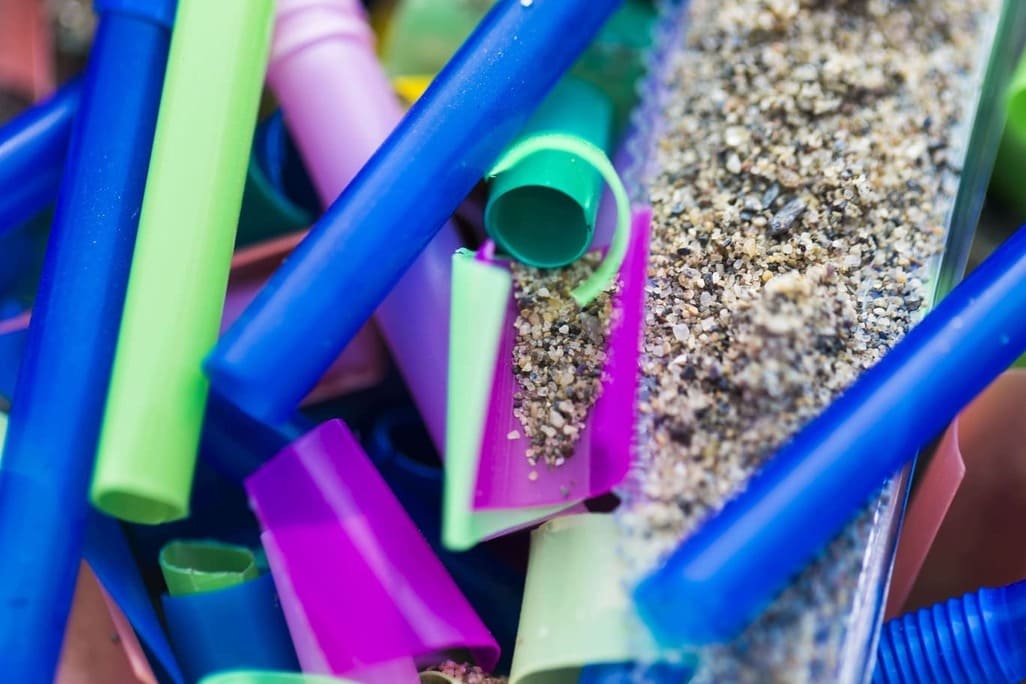 In today’s rapidly evolving world, sustainability has become more than just a buzzword; it’s a necessity. Among the myriad of materials impacting our environment, polypropylene (PP) stands out as both a challenge and an opportunity. Known for its versatility and durability, PP Recycling is used in everything from food containers to automotive parts. However, without effective recycling practices, it contributes significantly to environmental degradation. This blog explores the benefits of PP recycling, offering insights into how these practices foster a greener planet.
In today’s rapidly evolving world, sustainability has become more than just a buzzword; it’s a necessity. Among the myriad of materials impacting our environment, polypropylene (PP) stands out as both a challenge and an opportunity. Known for its versatility and durability, PP Recycling is used in everything from food containers to automotive parts. However, without effective recycling practices, it contributes significantly to environmental degradation. This blog explores the benefits of PP recycling, offering insights into how these practices foster a greener planet.
The Role of Polypropylene in Modern Life
Polypropylene is everywhere. From your kitchen to your car, this plastic is a staple in many households and industries. Its adaptability is matched by its resilience, making it a preferred choice for manufacturers. However, this widespread usage also means that PP often becomes waste, clogging landfills and polluting oceans if not properly recycled.
Recycling PP effectively can significantly reduce this environmental burden. When PP is recycled, it can be transformed into products like clothing fibers, industrial materials, and new containers. This process not only minimizes waste but also conserves the energy that would otherwise be used to produce new plastic. In fact, recycling plastic saves up to 88% of the energy compared to producing virgin materials.
The Environmental Benefits of Recycling PP
One of the most compelling reasons to recycle PP is its impact on reducing greenhouse gas emissions. The production of new plastic releases substantial amounts of CO2, a leading contributor to climate change. By recycling, we cut down on these emissions. For instance, recycling one ton of plastic can save up to 7,200 kilowatt-hours of electricity, which is enough energy to power a home for six months.
Additionally, recycling PP helps to reduce the pressure on natural resources. Manufacturing plastic from raw materials requires significant amounts of oil and natural gas. By opting to recycle, we decrease the demand for these resources, preserving them for future generations. It’s a small step that leads to big savings, both economically and environmentally.
Economic Incentives for Recycling PP
Beyond the environmental perks, there are economic incentives to consider. Recycling creates jobs—from collection and sorting to processing and manufacturing. In fact, statistics show that recycling creates more jobs per ton of waste compared to landfilling and incineration. By bolstering the recycling industry, we not only protect the environment but also stimulate local economies.
Furthermore, companies that choose to use recycled PP often experience cost savings. Recycled plastics can be cheaper than virgin plastics, providing a financial incentive for businesses to make the sustainable choice. This economic benefit resonates throughout the supply chain, fostering a more sustainable economy.
Encouraging Community Involvement and Awareness
Community involvement is crucial for the success of PP recycling programs. Educating the public about the importance and benefits of recycling can lead to increased participation rates. Municipalities can play a pivotal role in this by implementing effective curbside recycling programs and hosting educational workshops.
Additionally, businesses can contribute by promoting sustainable practices and supporting initiatives that aim to enhance recycling infrastructure. When communities come together with a shared goal, the impact can be profound, leading to cleaner environments and a more sustainable future.


